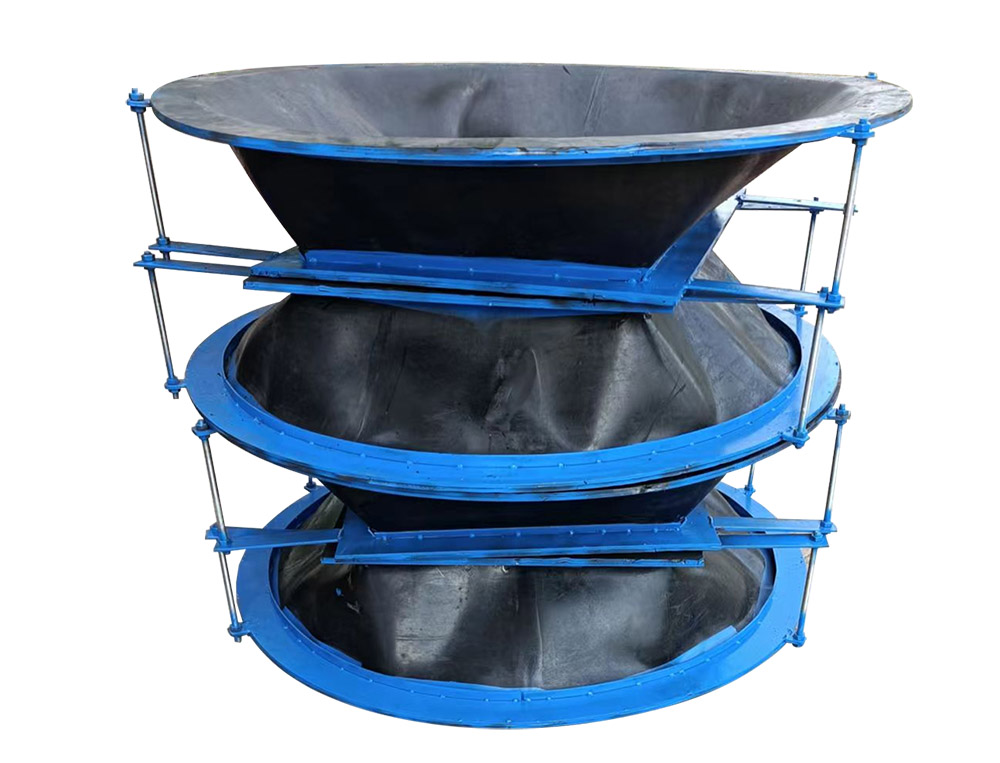Enhancing Safety and Efficiency with Outdoor Natural Gas Soft Connections
2024-07-10
Introduction
As the demand for natural gas continues to grow, ensuring the safety and efficiency of gas distribution systems becomes increasingly important. Outdoor natural gas soft connections are a vital component in achieving these goals, providing reliable and adaptable solutions for connecting gas appliances and equipment. This blog focuses on how outdoor natural gas soft connections enhance safety and efficiency in various applications, along with best practices for installation and maintenance.
The Role of Outdoor Natural Gas Soft Connections in Safety
1. Leak Prevention
- High-Quality Materials: Outdoor natural gas soft connections are made from materials that resist wear, corrosion, and environmental damage. This reduces the risk of gas leaks, which can pose serious safety hazards.
- Secure Fittings: These connections are designed with secure fittings that ensure a tight seal, preventing gas from escaping and minimizing the risk of fire or explosion.
2. Flexibility and Movement
- Ground Shifts: Natural phenomena such as ground settling or minor seismic activity can cause rigid gas lines to crack or break. The flexibility of soft connections allows them to absorb these movements, maintaining the integrity of the gas line.
- Thermal Expansion: Outdoor temperatures can fluctuate significantly, causing rigid pipes to expand and contract. Soft connections can accommodate these changes without compromising the connection.
Enhancing Efficiency with Outdoor Natural Gas Soft Connections
1. Simplified Installation
- Quick Setup: The flexibility and adaptability of soft connections simplify the installation process, reducing the time and labor required. This is particularly beneficial in complex or confined spaces where rigid pipes would be challenging to install.
- Reduced Downtime: For commercial and industrial applications, the ease of installing soft connections translates to reduced downtime during equipment setup or maintenance.
2. Versatility in Applications
- Adaptable Configurations: Soft connections can be routed around obstacles and adjusted to fit various configurations, making them suitable for a wide range of applications, from residential grills to industrial machinery.
- Temporary and Permanent Use: These connections are ideal for both temporary installations, such as portable gas-fired equipment, and permanent setups, providing long-term reliability and flexibility.
Best Practices for Installation and Maintenance
1. Professional Installation
- Qualified Technicians: Ensure that a qualified technician performs the installation of outdoor natural gas soft connections. Proper installation is critical to maintaining safety and efficiency.
- Compliance with Standards: Follow all relevant industry standards and regulations during installation to ensure the connection meets safety and performance requirements.
2. Regular Inspection
- Visual Checks: Regularly inspect soft connections for signs of wear, damage, or corrosion. Look for any indications of gas leaks, such as a hissing sound or the smell of gas.
- Leak Testing: Conduct periodic leak tests using appropriate detection methods to ensure the integrity of the connection.
3. Preventive Maintenance
- Scheduled Maintenance: Implement a preventive maintenance schedule to check the condition of soft connections and address any issues before they become serious problems.
- Replacement of Worn Components: Replace any worn or damaged components promptly to maintain the safety and efficiency of the gas distribution system.
Applications of Outdoor Natural Gas Soft Connections
1. Residential Use
- Outdoor Cooking and Heating: Soft connections are commonly used to connect outdoor grills, fire pits, and patio heaters, providing a safe and flexible solution for residential outdoor gas applications.
- Backup Power Systems: In homes with natural gas backup generators, soft connections ensure a reliable and secure fuel supply during power outages.
2. Commercial Use
- Restaurant Kitchens: Commercial kitchens rely on natural gas for cooking equipment. Soft connections offer a safe and efficient way to connect stoves, ovens, and other appliances.
- Outdoor Dining Areas: Restaurants with outdoor seating areas can use soft connections to install natural gas heaters, enhancing customer comfort during cooler months.
3. Industrial Use
- Portable Equipment: In industrial settings, soft connections are ideal for connecting portable gas-fired equipment, such as heaters and generators, during construction or maintenance projects.
- Remote Installations: Industrial sites with challenging terrain or remote locations benefit from the ease of installation and adaptability of soft connections.
Conclusion
Outdoor natural gas soft connections are essential for enhancing the safety and efficiency of gas distribution systems. Their flexibility, durability, and ease of installation make them suitable for a wide range of applications, from residential and commercial use to industrial settings. By following best practices for installation and maintenance, users can ensure the reliable and safe operation of their natural gas systems, optimizing performance and minimizing risks.



